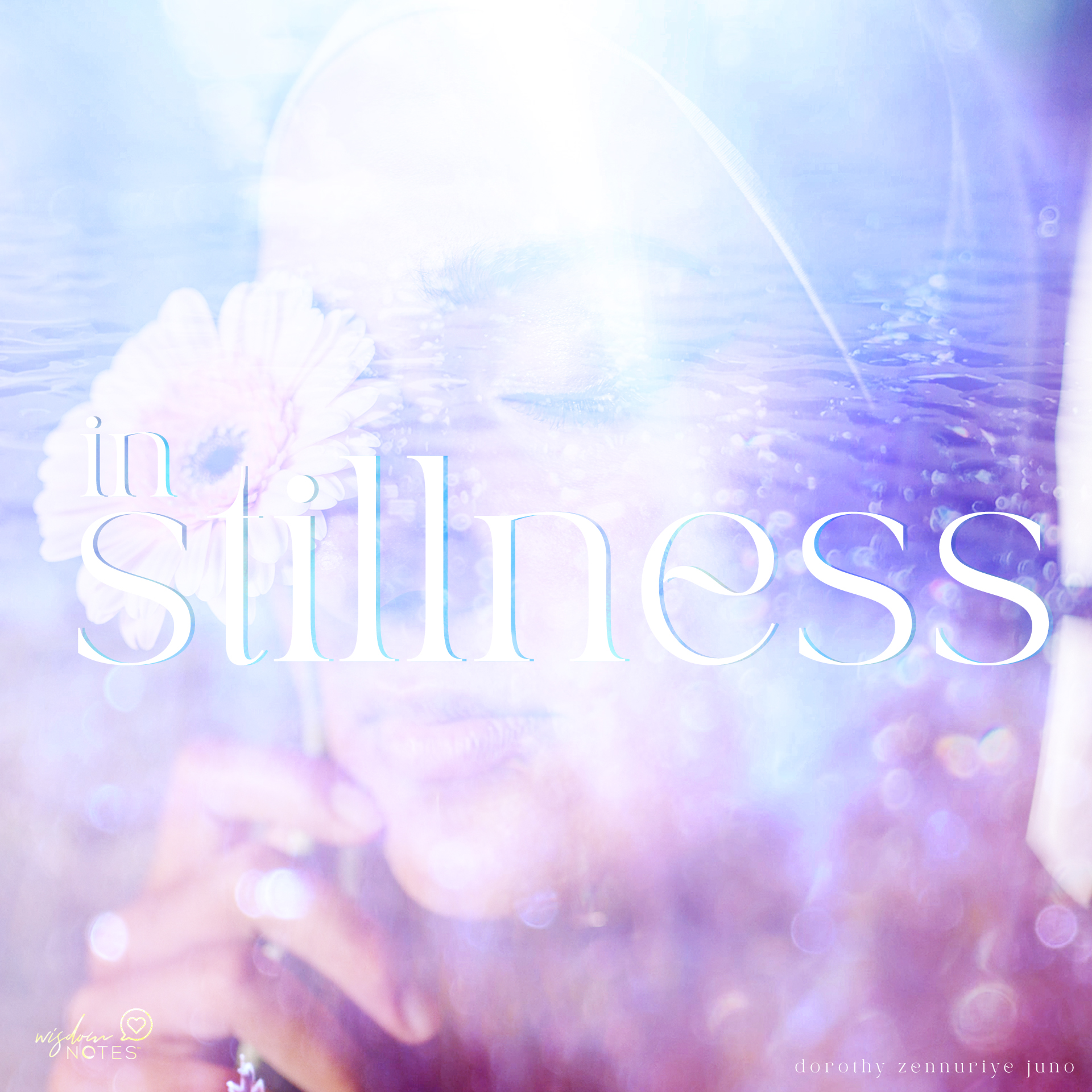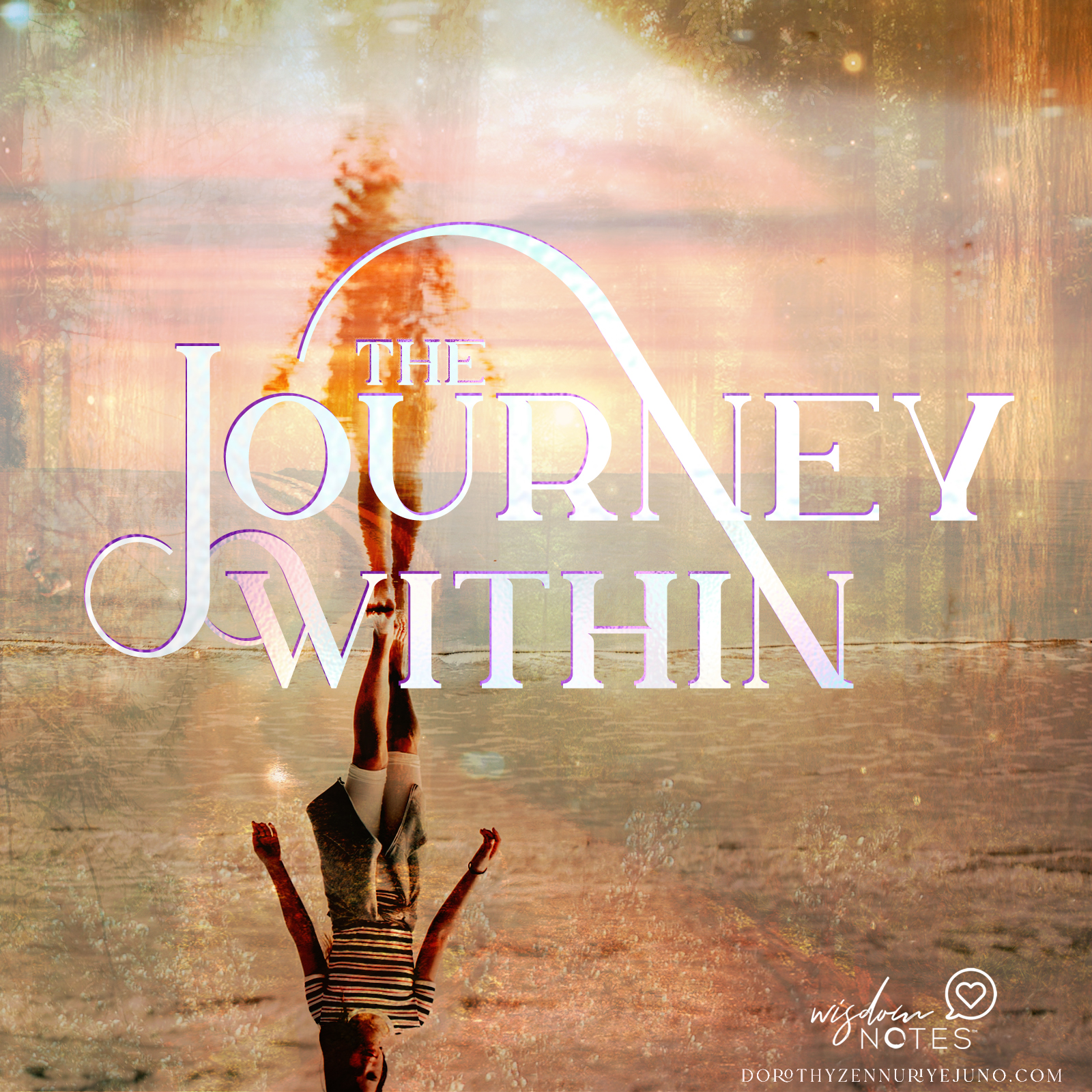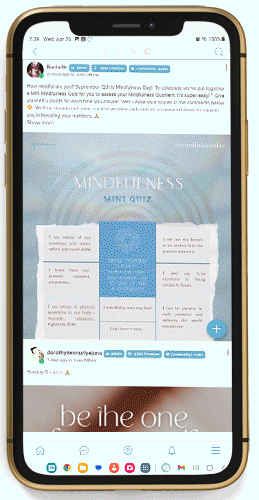Mental Health Advice From The Wisdom Blog
___________________________________________________________________________
Here we dive into how to cope with anxiety and uncertainty during a crisis; how to feel relief from sadness and depression and why this is a perfect time to practice radical self-love.
In an era of stimulation addiction, why is now the perfect time to connect with your self and practice self-love?
“To self-love is to give yourself kindness, compassion and care.”
I first wrote this post after being interviewed on a podcast for solutions to crisis during quite possibly the darkest moments of the covid pandemic and a heightened state of fear that so many of us lived for a time.
As I write this now we are arriving at eight months inside the war that Russia imitated on Ukraine.
I share this episode of The WISDOM podcast now because we are all reminded that we have more work to do to live peaceful ~ to lead with kindness and to remember our human connection and that we are all in this world together a this time to live the most incredible existence ~ none of which includes hate, war, greed, poverty, injustice and the like.
As I continue to work with clients each of whom have their own unique experiences and life challenges, I share this episode which includes the best practices that I teach and that I certainly practice ~ so that long before and in place of arriving at a state of anxiety and fear, sadness and hopelessness, you too may find these practices to be life changing.
My hope is that you will live these best strategies and also teach them to your children and grandchildren. the world is changing rapidly. Let us make our mark here and now to influence all of how we think and live and for the best.
In the experience of self-love, you learn to rely on yourself for what you need and for self-worth and self-esteem.
Acts of self-love remind you that you are responsible for feeling loved and for being self-sufficient and self-sustaining. This is also how you reclaim your authentic power.
Power is not something that you go in search of. It is what you hold as confidence in the knowledge that you are remarkable and as you live this with purpose ~ in all of your words and actions.
If you have been relying on others for gratification, validation and acceptance and if you measure this by your presence on social media or any other external source of justification, it can become an addictive dependency.
Looking externally for what brief moments offer reassurance, comfort, and a temporary solution to feeling better keeps you well removed from appreciating yourself and for the proactive means by which you seek validation, approval and love from within.
The ever-present distraction of looking to others to help you feel good about yourself, separates you from looking inward and the self-nourishing practice of relying on yourself for calming words, reassurance and a consistent inner voice that reminds you that you are never alone. You can be your greatest source of support, companionship and love.
Self-acceptance is an integral aspect of self-love.
It is being willing to see the parts of you that are incredible and deserving of your attention and love and to work towards the positive expression of how you can feel whole by embracing all of you including the parts that you seek to improve and change.
Now is a perfect time to embrace being with yourself ~ to seek out ways in which you can feel secure and comforted by your own words and positive actions and to rediscover and reclaim who you are.
When you choose to be alone with yourself and fully present, you will be able to hear your inner voice rise up. This will remind you that you are not alone ~ that you have never been alone.
The solace and comfort that you will feel as you go inward for what you need arises out of the connection you nurture with yourself during times of uncertainty and crisis, when you feel anxious, afraid, or sad ~ and also as you practice living in awareness of your inner voice.
This is one aspect of awakening. Being attentive to your inner voice – the voice of your highest self – and to notice that you are never alone nor have you been. All that you need to do to feel reassurance, self-care and self-love beings with an inward dwelling focus.
What you witness here is your intuitive knowing. This voice is always going to feel calm in comparison to the anxiety and fear that is felt when you are focused on a problem or a worst case scenario.
When you are reacting in crisis, you are focused on the various problems of your situation as well as future thinking of what “might” or “could” happen.
All of this exacerbates fear, anxiety, and sadness.
You calm yourself most quickly by returning to the present moment, by seeking the truth about what ‘is’ and for mobilizing yourself towards what is wanted rather than be held hostage by your emotions and the thoughts of worry about ‘the problem’.
How Do You Best Cope with Anxiety and Stress During A Difficult Time?
Anxiety, fear, depression and loneliness are exacerbated from focusing on what is not wanted.
Here I share three best practices to halt anxiety and panic, to release sadness and to feel hopeful and encouraged.
(1) First, focus on what you have control of and mobilize yourself towards what is most wanted. Define what you want and also the best possible solution that you can work towards.
Next, do what is needed to bring you your desired outcome. Anxiety and fear perpetuate inaction and can lead to feelings of sadness, hopelessness and depression. When you are proactive and take the steps to manifest what you want, you become empowered.
Teach yourself to focus on what is possible and desired rather than the problem. This may be a new best practice for you and therefore it requires patience as you retrain your mind to focus on the solution.
This best practice will help you throughout your life, as an effective means of addressing situations that appear to be less than ideal.
(2) A second best practice to mobilize yourself away from fear, anxiety, and helplessness is to return to the present moment.
Find your focus in the present. Begin here. Be present in whatever you are doing (e.g. whether taking a walk in nature, working, organizing your closet, cooking, eating, etc.)
Practice living mindfully and in the present moment as much as possible. It is only from the present moment that you create strategies and solutions that mobilize you in positive action.
Let present moment awareness be a best practice for how you live life. Anxiety and fear cannot exist when you are focused in the present (and as you make decisions in the present for what positive action you are choosing).
As you aim to live focused in each present moment, you will find it easier to be attentive and engaged when you are with others and all of the simple moments of life will become far richer and more significant.
(3) A third best practice to liberate yourself from anxiety, sadness, and uncertainty is to focus upon the outcome that you want. Use all three of these best practices to engage yourself in what will be right positive action as you imagine the outcome you seek.
As you remain focused on what you desire and as you visualize it, notice how your body responds. You are likely to feel the relief of sadness and anxiety as your focus is now on what steps you will take to accomplish and manifest what becomes a life that you decide and lead.
While there are instances of life that we are presented with ~ and that we may not desire, our reaction to what happens to us is always within our control.
To remember this and to choose the way in which you respond is to feel the power of certainty and to be reminded of all that you may decide and work towards of what is most wanted.
What Does Depression Feel Like?
In depression: (1) there is no joy or pleasure in life; (2) concentration and focus become more difficult; (3) everything feels hopeless (that there is no way to feel better); (4) self-esteem is low (you feel worthless or like a failure, you dwell on negative experiences and are unable to see the positive qualities in yourself); (5) energy levels are low and you feel unmotivated; (6) food may not seem appetizing or it may be used as a source of comfort and to cope.
Depression can feel more severe than emotions that come and go. It can be situational if it is a short-term form of depression that occurs as the result of a traumatic event or change in a person’s life. (for example, losing a job, a change in a person’s life, a global health crisis such as COVID-19). Situational depression can magnify the intensity of life stressors and can cause severe disruption to daily living.
Previous life experiences can affect the way you deal with stress. You are at higher risk of situational depression if you have:
- gone through considerable stress during childhood
- existing mental health problems
- several difficult life circumstances occurring at the same time
Biological factors can also increase your risk for depression. These include:
- abnormalities in brain structure and chemistry
- hormonal abnormalities
- changes in genetics
Source: Healthline.com
Clinical depression is a form of mental illness that can cause long lasting and severe feelings of sadness, hopelessness and a loss of interest in activities. Clinical depression is more severe than situational depression.
It is also known as major depression or major depressive disorder. It is severe enough to interfere with daily function.
The Diagnostic and Statistic Manual of Mental Disorders, 5th Edition (DSM-V) classifies clinical depression as a mood disorder.
Disturbances in levels of certain chemicals — known as neurotransmitters — may be to blame.
However, other factors are likely to play a role, for example:
-
genetic factors may influence an individual’s response to an experience or event
-
major life events can trigger negative emotions, such as anger, disappointment, or frustration
-
alcohol and drug dependence also have links to depression
Depression can also alter a person’s thought processes and bodily functions.
Source: medicalnewstoday.com
How Can Someone Cope with Depression?
Use this best practice to help you mobilize yourself into positive action; and to become self-reliant on your inner locus of control. Ask yourself, “What can I do to feel better?” and “What steps can I take right now?” It’s important to take action. Even a small step will move you closer towards how you want to feel and highlight for you how it is a choice.
Use Cognitive Behavioural Strategies that teach you how to examine and challenge your thoughts. This is an effective way to remind you of what is actually true and how what you tell yourself and believe, may not always be accurate.
We sometimes forget that happiness is a choice. If you are suffering with depression, it will require effort and work to alleviate symptoms. It’s also important to mitigate the underlying causal factors of the depression.
For depression in particular, there is numerous (science-based) research which suggest that talk therapy and self-help strategies are helpful interventions and that they are more effective as part of a treatment plan for those who are are receiving medication ~ than medication alone.
If you practice choosing happiness, then you are reminding yourself to decide how you want to feel and to mobilize yourself towards what will allow you to feel content, peaceful and happy – now.
Some immediate help for depression is to reflect on a positive experience, to curate a new positive experience, and to remind yourself of what you are thankful for.
The decision to find and experience your innate happiness will always help you move from how you currently feel; into new feelings that offer relief and comfort such as: contentment, calm, ease, and ultimately happiness.
This time in your life is like no other. You are being challenged to do for yourself what you may have been relying on others for. If you never learn self-love and self-acceptance; how will you be able to rely on yourself for feeling calm, soothed, and nourished? Without self-love and self-care, how will you find positive ways to alleviate anxiety, fear, depression, and loneliness? Self-love and self-acceptance translates into resilience, autonomy, freedom and self-sustainability.
Your mental well being is based on what you are able to do for yourself.
To have self-care and self-love practices that you live from as daily life practices, will sustain you during a difficult time in your life ~ and always.
If you would my help in establishing additional ways to effectively care for, accept, and love who you are and who you are becoming, please reach out to me.
















Leave A Comment
You must be logged in to post a comment.